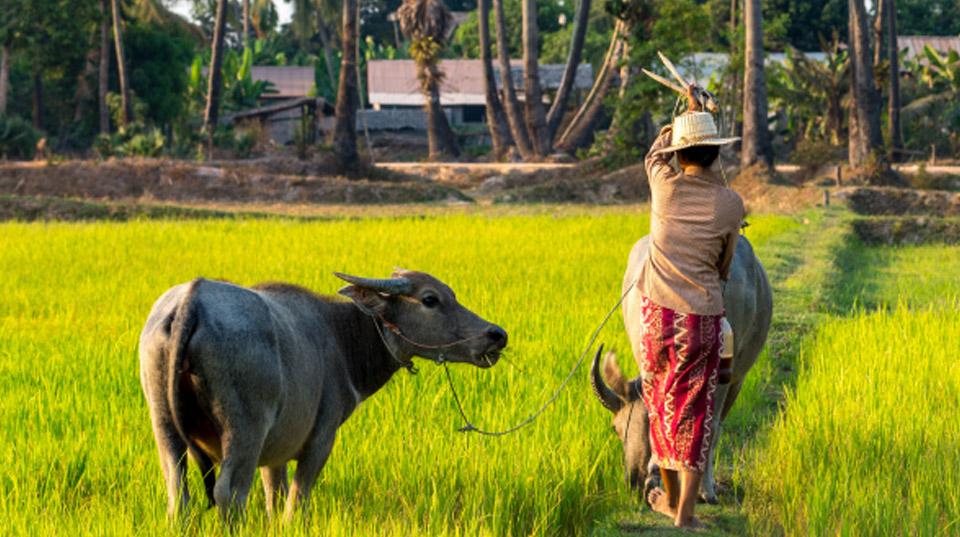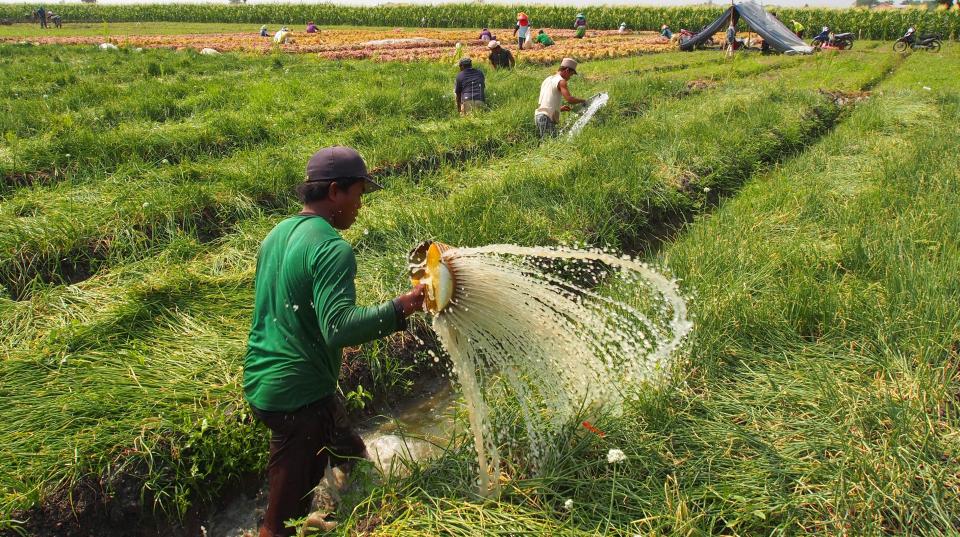Overview
This project aimed to refine a standardised methodology for response assessment for the sustainable management of land, water, and soils in the Philippines.
The recent ACIAR project, SLAM/2020/138, brought together Australian expertise to develop the Comprehensive Framework of Response Assessment. This framework aligns with the 2021 FAO decadal report on the State of Land and Water (SOLAW), and is expected to act as a central component in SOLAW-Live, an initiative being led by FAO. The aim of SLAM/2020/138 was to develop a tool, the CFRA, that would support decision making on soil, land, and water degradation from local to regional scales. As a tool the CFRA provides an evaluation of the effectiveness of responses to land, water, and soil degradation.
The project co-designed the CFRA with users for applicability and testing the methodology and assess response effectiveness of the CFRA under local conditions in the Philippines concerning the sustainable management of the land, water, and soil system. The tested methodology in the project helps towards identification and prioritisation of responses to best address land, water, and soil degradation, achieve development targets, and cost-effectively mitigate and adapt to climate change.
Project outcomes
- Co-designed a national comprehensive framework for response assessment (CFRA) for the Philippines.
- Tested the national CFRA to evaluate the effectiveness of technical, Institutional and policy responses to land, water, and soil degradation in the Philippines.
- Stakeholder dialogue with key partners and organisations in the Philippines to understand the scope and application of CFRA, identify case studies as well as develop the theory of change.
- Developed a methodology to calculate threats to agriculture production and other ecosystem services and understanding the trade-off relationship between agriculture production threat (APT) and ecosystem service threat (EST).
- Revised methodology to calculate effective response Index to address the trade-off and incorporate non-linear relations of the effectiveness as a function of the state of land degradation.





